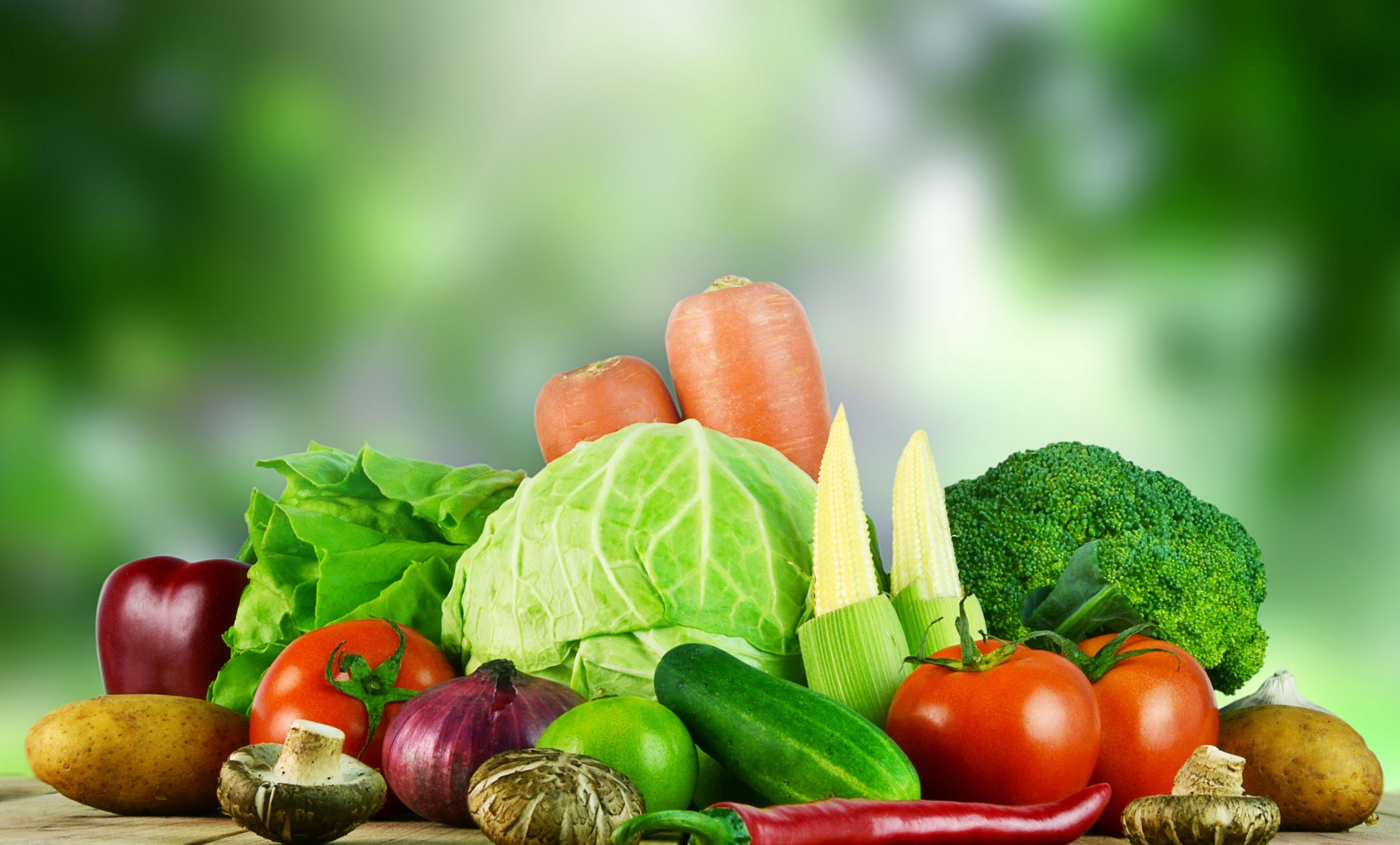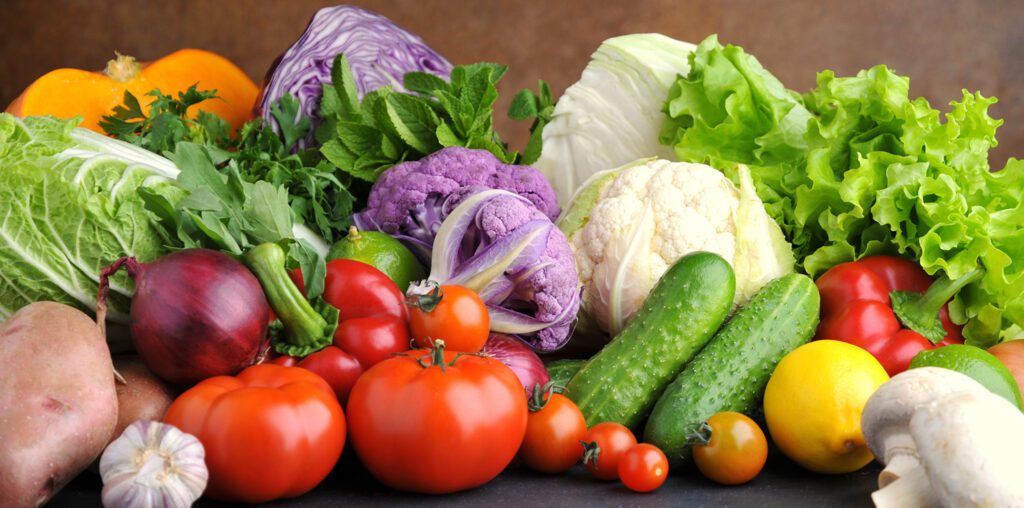In the world of vegetables, there are two primary choices: organic and conventional. Let’s dive into the distinctions between these options and how they can affect your health and the environment.
Pesticides:
Conventional Vegetables: Typically grown with synthetic pesticides, which help protect the crops from pests and diseases. However, these chemicals can leave residues on the vegetables.
Organic Vegetables https://greenelly.com/product-category/vegetables/: Grown without synthetic pesticides, relying on natural methods like beneficial insects and crop rotation to deter pests. This results in fewer pesticide residues on organic vegetables.
GMOs (Genetically Modified Organisms):
Conventional Vegetables: Some conventional vegetables may be genetically modified to resist pests or enhance certain traits.
Organic Vegetables: Organic farming prohibits the use of GMOs, ensuring that organic vegetables are non-GMO.
Farming Practices and Soil Health:
Conventional Vegetables: Conventional farming often uses synthetic fertilizers and practices that may degrade soil quality over time.
Organic Vegetables: Organic farming prioritizes soil health through composting, organic matter, and sustainable practices like crop rotation, resulting in healthier soil and more nutrient-rich vegetables.
Nutritional Value:
Conventional Vegetables: While still nutritious, some studies suggest that organic vegetables may have higher levels of certain vitamins, minerals, and antioxidants.
Organic Vegetables: Organic vegetables are often praised for potential nutritional benefits due to healthier soil and farming practices.
Environmental Impact:
Conventional Vegetables: The use of synthetic pesticides and fertilizers in conventional farming can contribute to soil and water pollution and harm non-target species.
Organic Vegetables: Organic farming is considered more environmentally friendly, aiming to minimize harm to ecosystems and promote sustainability.
Taste:
Conventional Vegetables: Taste preferences vary, but some may find conventional vegetables comparable to organic ones.
Organic Vegetables: Organic enthusiasts often appreciate the natural and robust flavors of these vegetables.
Cost:
Conventional Vegetables: Generally more budget-friendly due to higher yields and lower production costs.
Organic Vegetables: Can be pricier due to labor-intensive and environmentally conscious farming practices.
In Conclusion
The choice between organic and conventional vegetables is a personal one, influenced by your values, priorities, and budget. Both options have their merits, and the best choice for you depends on what aligns with your lifestyle and beliefs. Regardless of your choice, incorporating more vegetables into your diet is a healthy choice for you and the planet.
